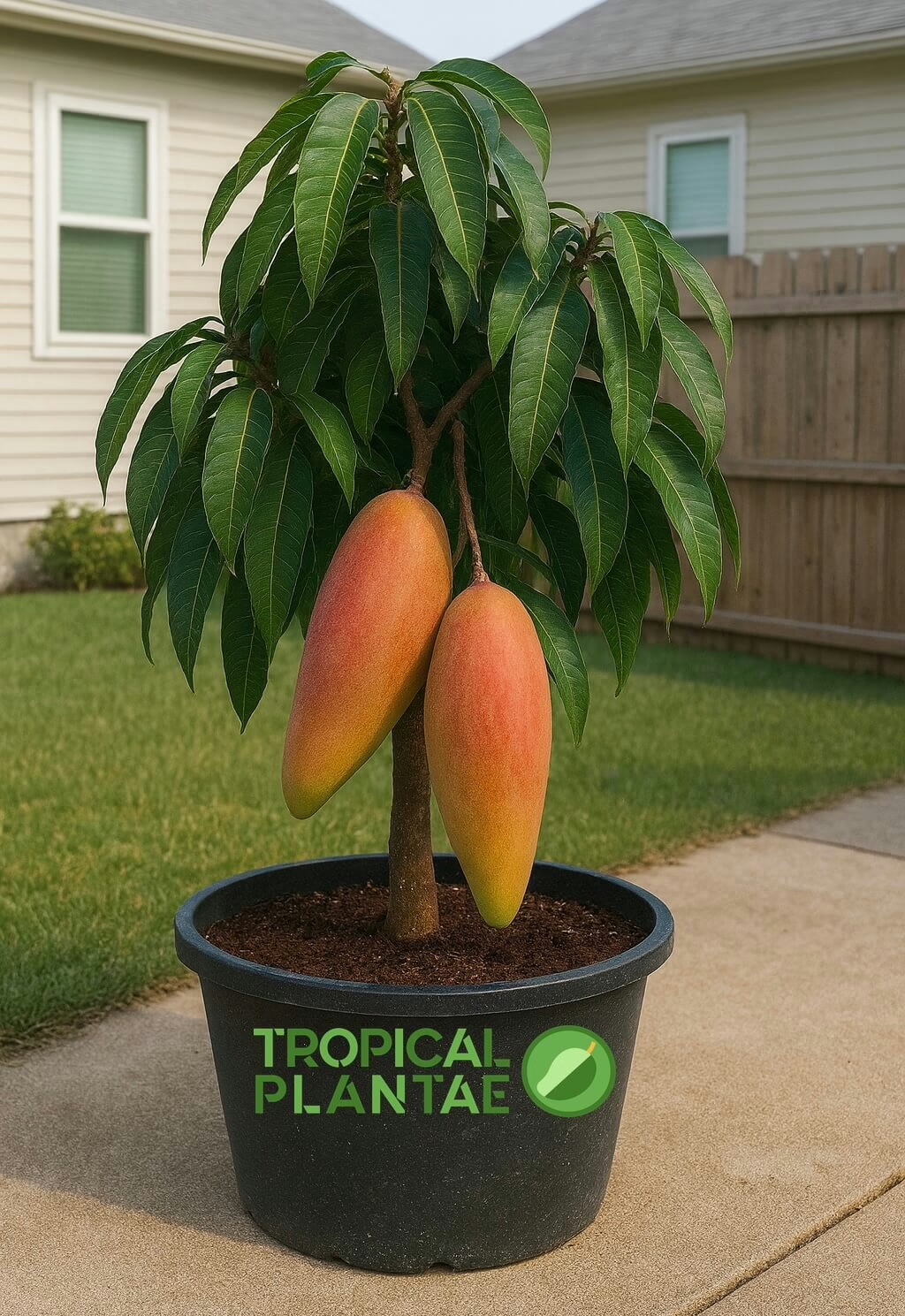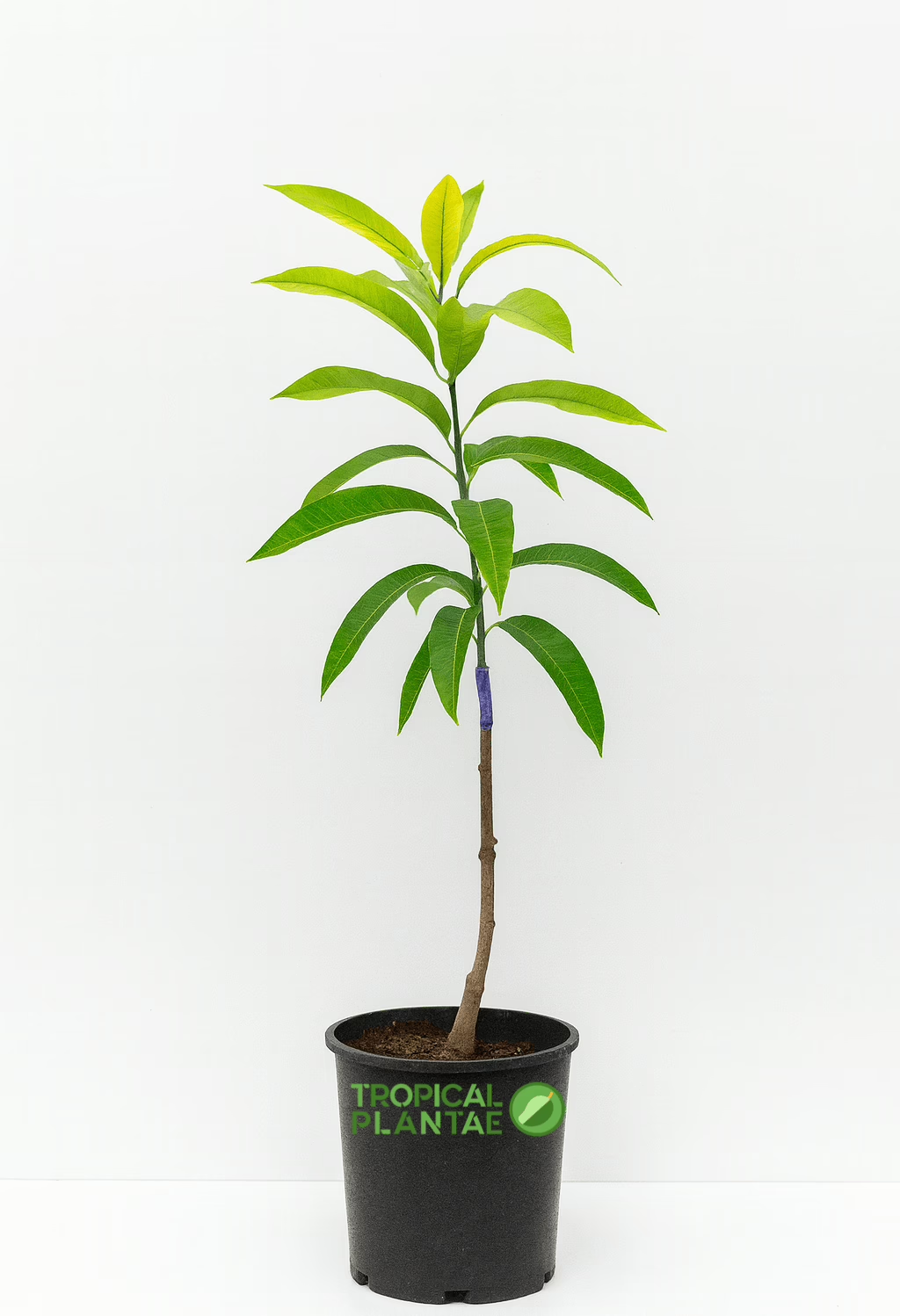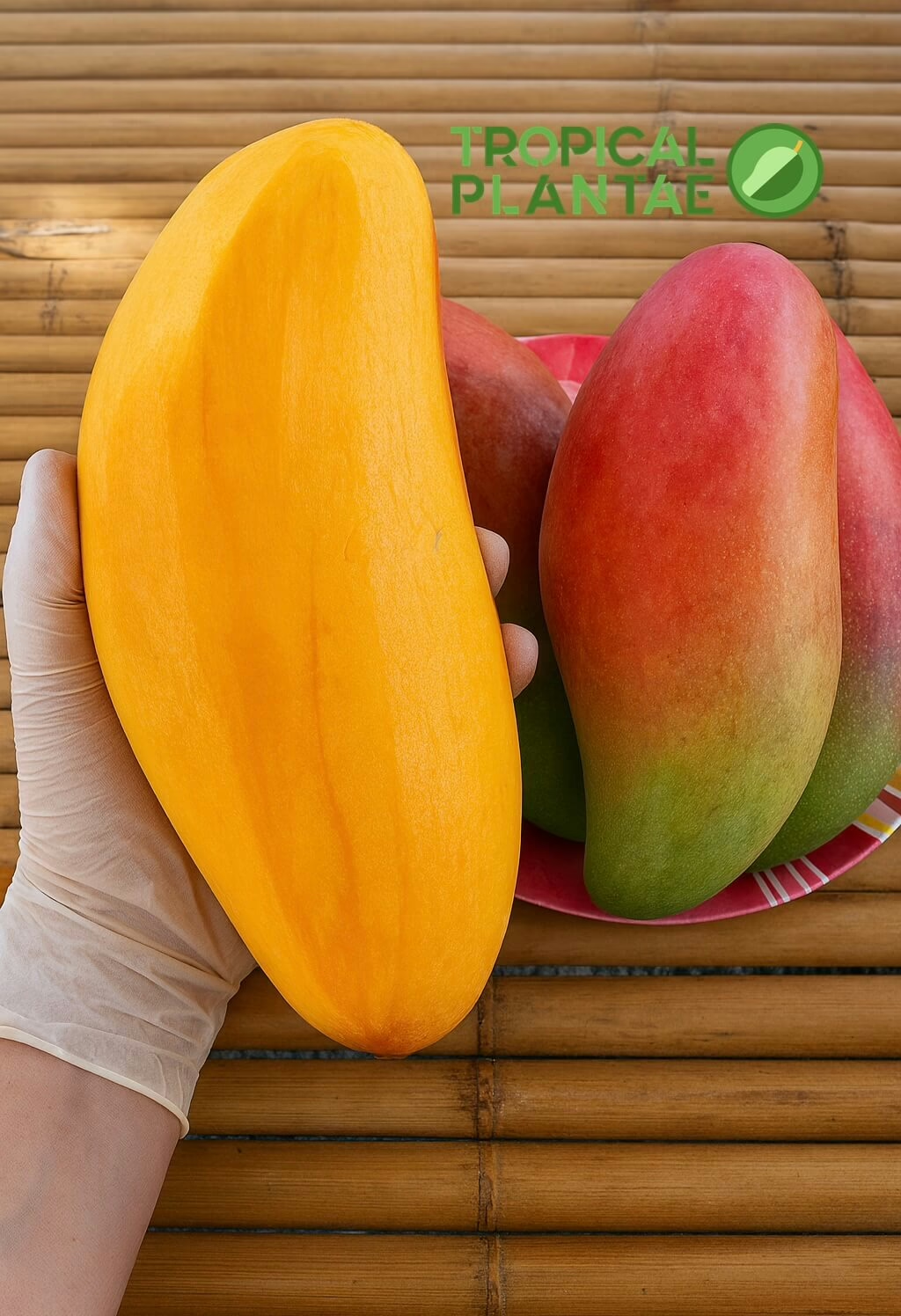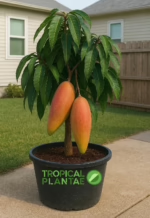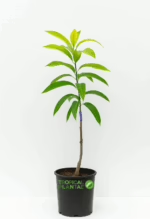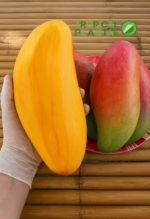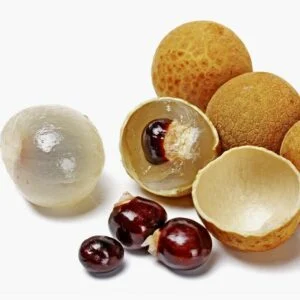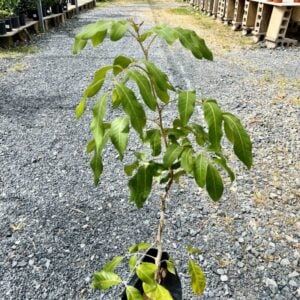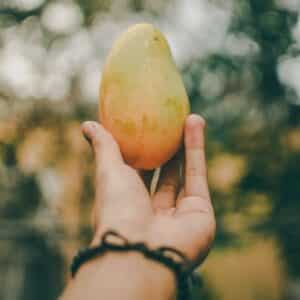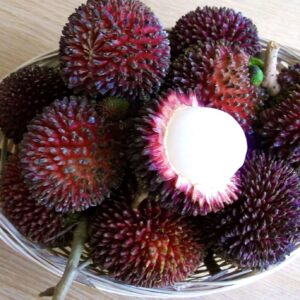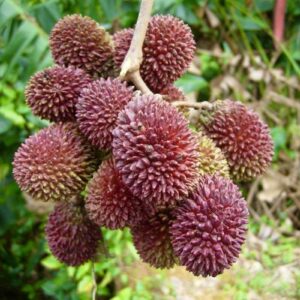Grafted Ivory Mango Tree – Live Tropical Fruit Tree – Premium Variety – USDA Certified
$59.99
A grafted Ivory mango tree is a refined choice for anyone who wants to add long-term beauty, enjoyment, and value to their garden starting today. Planting this tree means that tomorrow you already feel the difference—you’ve taken a step toward creating a space that grows, produces, and becomes more rewarding with time. The Ivory mango is admired for its smooth texture, elegant flavor, and consistent performance, making this grafted tree a meaningful addition to any tropical or subtropical landscape.
From the moment it is planted, the grafted Ivory mango tree begins enhancing your surroundings. Its healthy green leaves and balanced structure bring a clean, tropical look to your outdoor space. Tomorrow, you’ll notice how it settles into the soil, how new growth starts to appear, and how your garden immediately feels more alive. This tree doesn’t just fill space; it creates a sense of intention and progress, turning your garden into a place you look forward to spending time in.
Because the tree is grafted, it offers a clear advantage for the future. Grafted Ivory mango trees establish faster and produce fruit earlier than seed-grown trees, which means your patience is rewarded sooner. Each new branch represents a step closer to future harvests of smooth, pale-colored mangoes known for their low fiber and enjoyable eating experience. Knowing that the tree will remain true to its variety gives you confidence that your investment today leads to reliable results tomorrow and beyond.
As the tree matures, it develops into a strong, attractive mango tree with an evergreen canopy that provides shade, texture, and visual balance throughout the year. Caring for it becomes part of your routine in a positive way. Watering, observing new leaves, and watching seasonal changes creates moments of calm and satisfaction. Tomorrow, this routine begins as a simple habit, and over time it becomes a rewarding connection to your outdoor environment.
The Ivory mango variety is valued for its smooth, mild, and pleasant flavor, making it ideal for fresh eating. Planting this tree today means that in the future, everyday moments become more special. Picking a mango from your own tree, slicing it at home, or sharing it with others adds meaning to experiences that would otherwise be ordinary. The fruit becomes more than something you eat—it becomes a symbol of what you planted years before and cared for patiently.
This tree thrives in warm, sunny climates and responds well to good drainage and consistent care while young. Tomorrow, it will be a young tree adapting to its new home. In the months that follow, it grows stronger. In the years ahead, it becomes a productive, beautiful feature of your garden. Its presence adds long-term value by improving the look and feel of your property while offering the promise of future harvests.
The grafted Ivory mango tree also brings a sense of pride. Watching it grow from a young tree into a mature producer reinforces the idea that good things take time and care. It becomes part of your home’s story—something that grows alongside you and adds character to your outdoor space. Guests notice it, seasons mark its progress, and each year it becomes more established and impressive.
In summary, planting a grafted Ivory mango tree is a decision that enhances your life both immediately and in the future. Tomorrow you gain a living presence that brings greenery and inspiration. Over time, you gain a dependable mango tree that offers beauty, shade, and delicious fruit. This tree represents growth, patience, and reward, making it a meaningful and lasting addition to any garden or home orchard.
| Planting Bag + Soil |
Planting bag + Soil ,I have soil and container |
|---|

